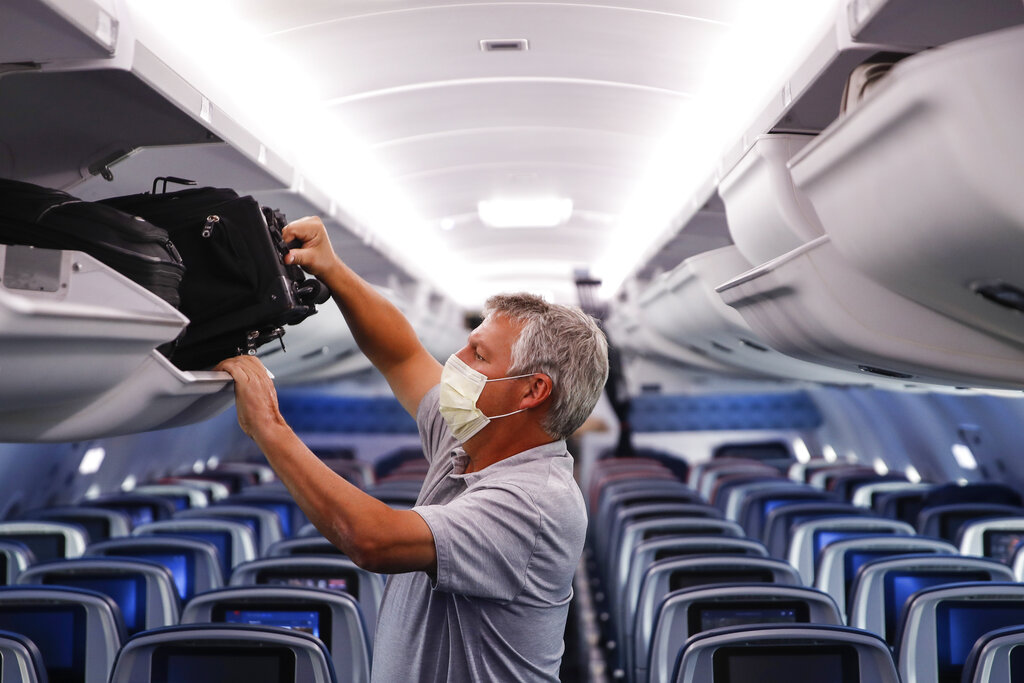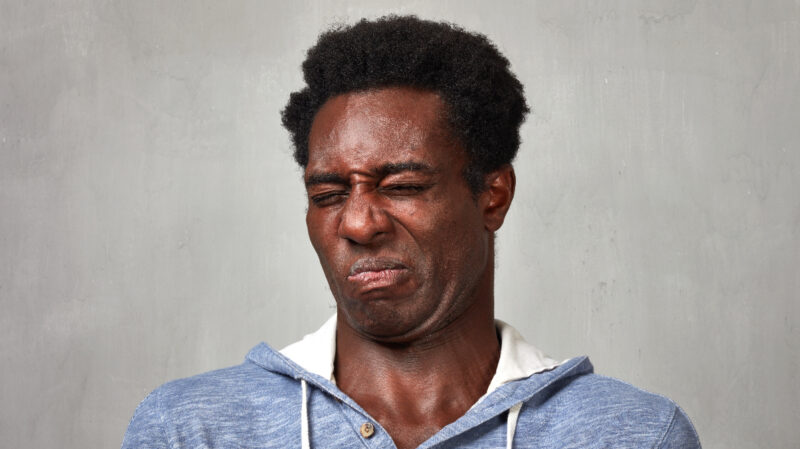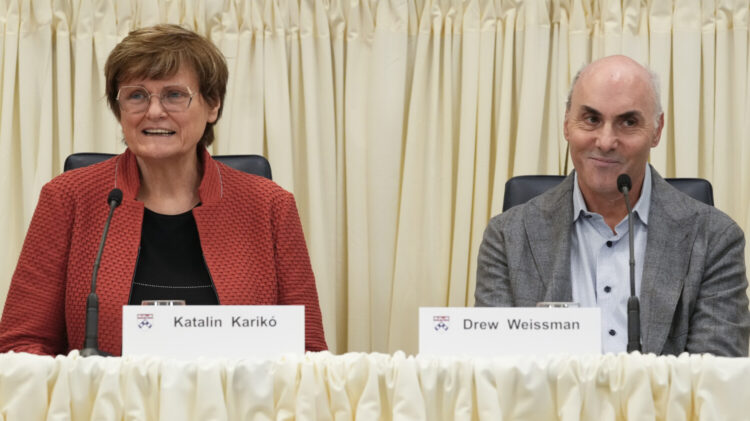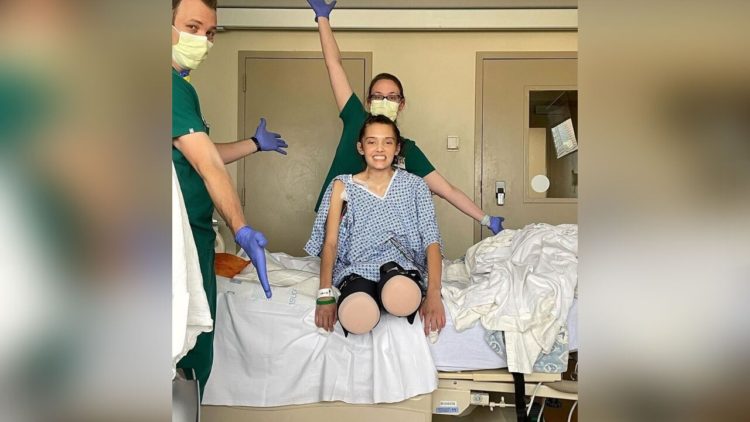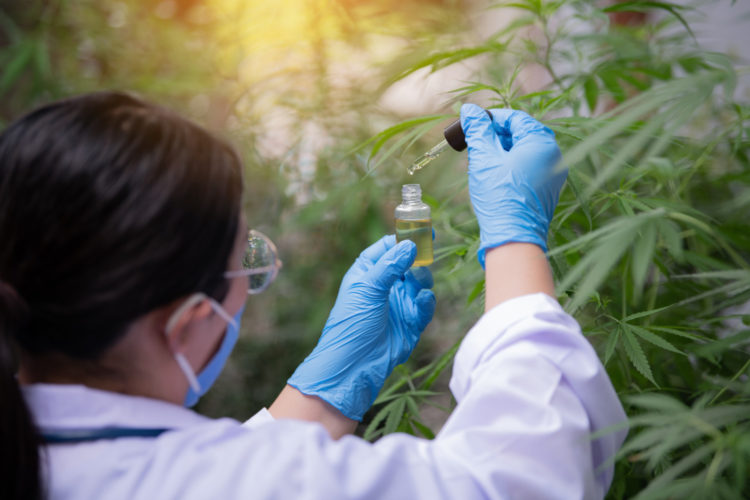Studies find areas with mask mandates have lower COVID-19 hospitalization rates
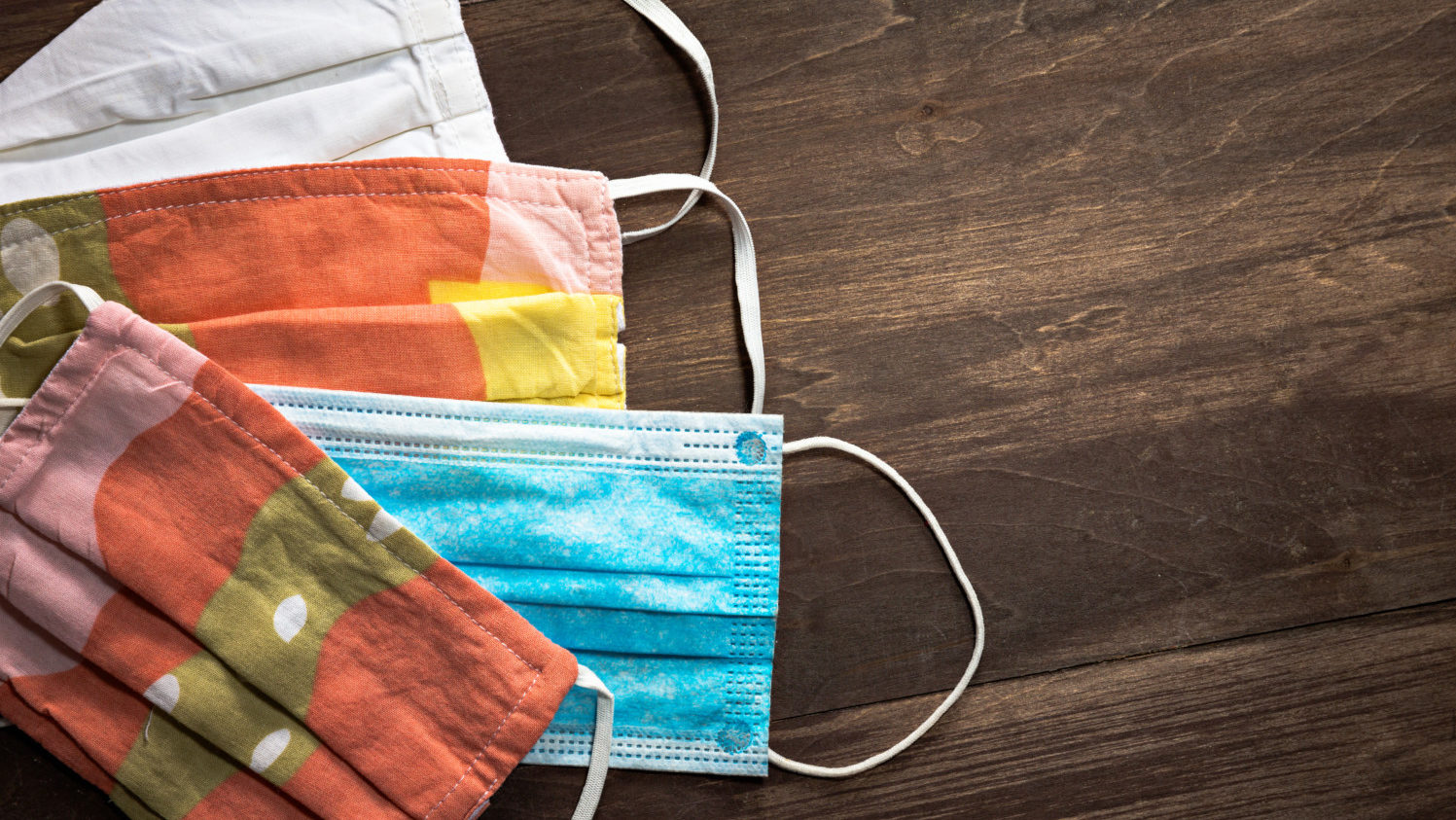
Whether you love it, tolerate it or hate it, wearing a face mask has become the new norm across the U.S. Now, several new studies have proven what health experts have been saying all along: Masks are effective at slowing the spread of infectious COVID-19 respiratory droplets, and the efficacy is higher when everyone wears one.
According to recent analysis from Vanderbilt University in Nashville, researchers found that hospitals in Tennessee where the majority of patients came from counties with mask requirements have not seen an increase in the level of COVID-19 hospitalizations since the summertime. Those numbers have remained steady since July 1.
However, the opposite was true for hospitals where a large percentage of patients were from counties that did not require their residents to wear masks. Those hospitals have seen a 200% increase in COVID-19 hospitalizations since the start of July.
A separate study from the University of Kansas also saw similar results. Cases of COVID-19 in Kansas counties that had mask mandates remained flat starting in mid-August, whereas “cases in non-mask counties just went straight up,” said researcher Dr. Donna Ginther, a University of Kansas professor and the author of that report.
KU researchers found a 50% reduction in the spread of COVID-19 cases in counties where a mask mandate was present.
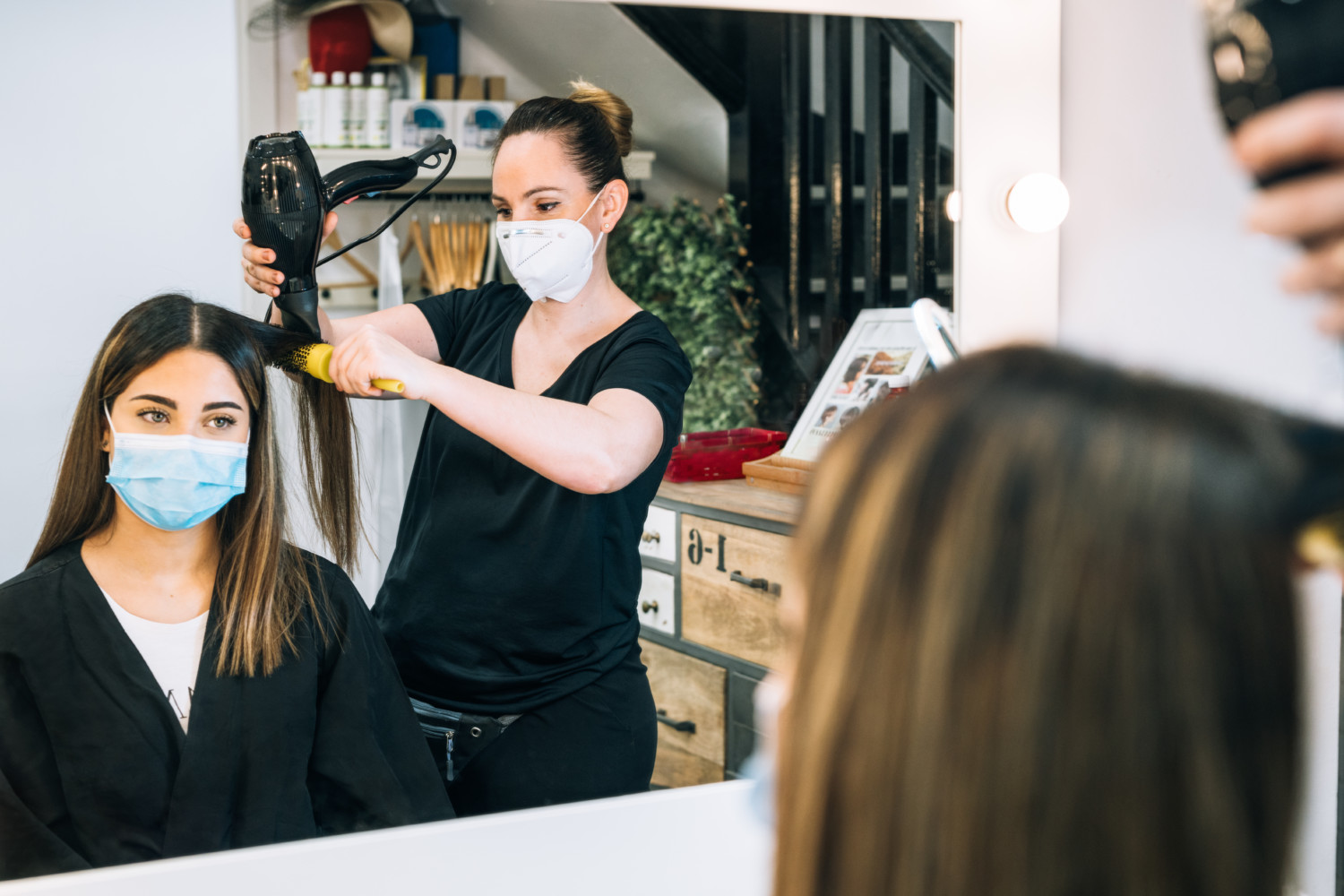
Both studies also indicated that mandatory mask-wearing might be encouraging additional health-conscious community behaviors. While researchers couldn’t rule that out as a contributing factor to the lower COVID-19 rates in places with mask mandates, the studies point to the conclusion that mask-wearing is an effective approach to reducing COVID-19 cases and/or hospitalizations.
The KU study ultimately concluded that masks can “significantly slow the spread of disease,” though it can’t eliminate COVID-19. The researchers from the Vanderbilt study agreed, noting, “It is also clear that masking alone is not a silver bullet: since early October nearly every region of the state has seen growth in hospitalizations.”
That’s why other preventative measures, like social distancing and hand-washing, must be practiced alongside wearing a mask — until the day when a vaccine is available.
As of now, 34 U.S. states from Maine to California, along with the District of Columbia, have statewide mask mandates, and President-elect Joe Biden has said that he would like to see every state implement a public mask requirement in order to help curb the pandemic. Biden reportedly plans to call the 16 Republican governors of states that don’t have a mask mandate to make the case for one, although many governors have indicated they will reject his plea.
According to experts, mask-wearing could save tens of thousands of American lives by the end of February, if it became a universal practice. It could also reduce U.S. economic losses by $1 trillion.
In other interesting COVID-related news, a study from Harvard has found that flying on an airplane might be safer than going grocery shopping, and people can now buy at-home coronavirus testing kits online from Costco.


